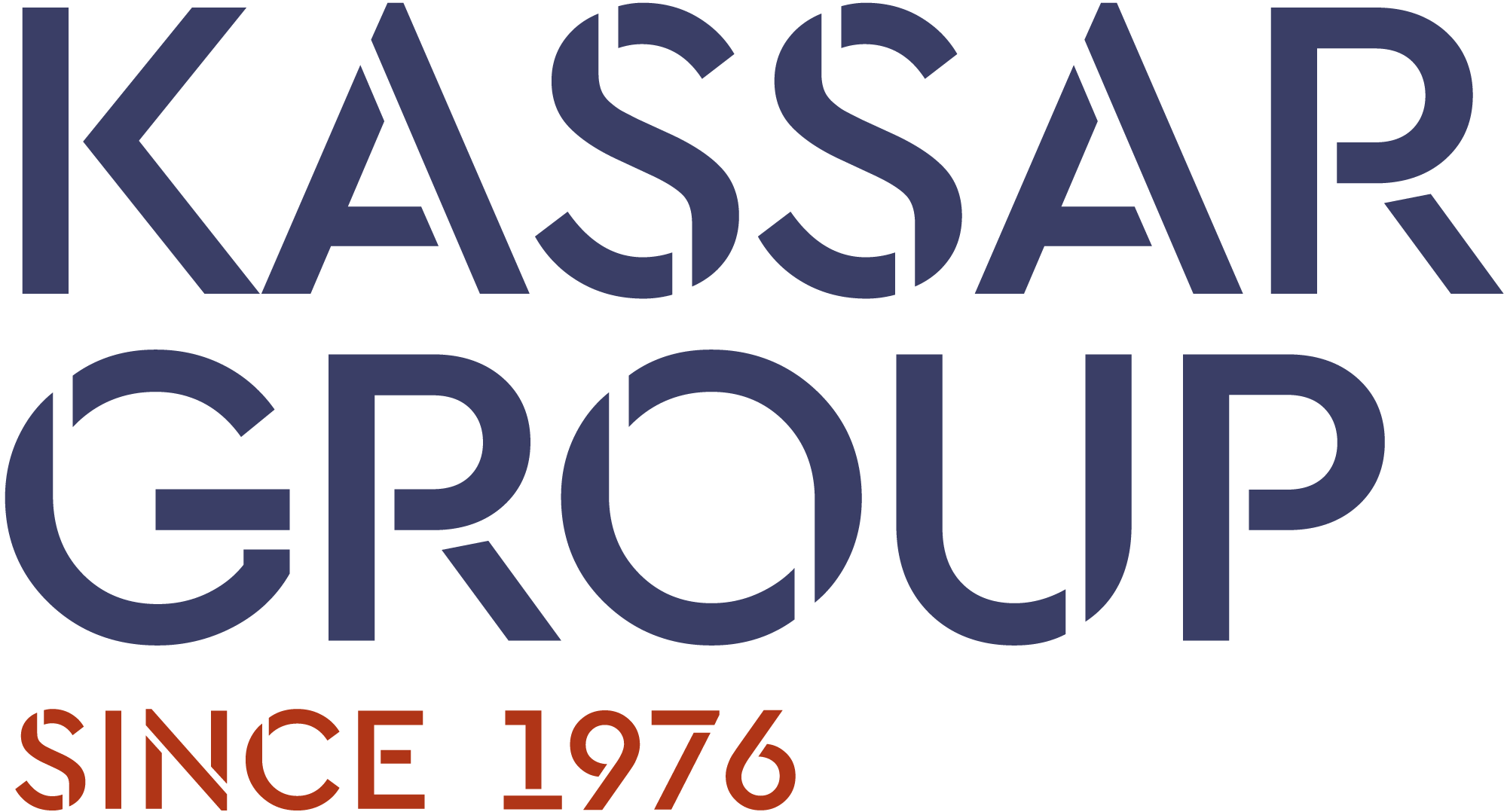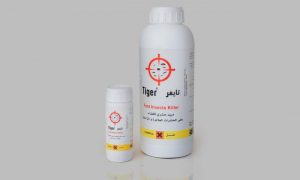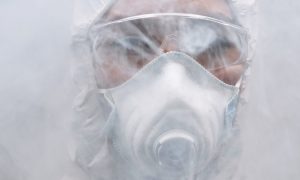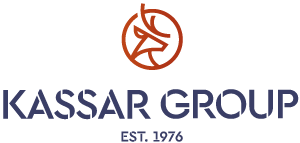
Abu Dhabi Municipal Guide for Pest Control Companies
Public health pests pose a threat to human communities because they are considered one of the main vectors of diseases, which are transmitted from infected locations to healthy people through parasites and pathogenic viruses that contaminate food with harmful bacteria andmicroorganisms.
These diseases are considered dangerous and fatal and may result in damages due to their presence and spread in differentplaces. Therefore, it is essential to combat these pests and limit their numbers to the minimum, with the need to prevent the factors and conditions that help their reproduction and transmission.
To achieve this goal, this requires qualified technical capabilities to deal with these pests, in addition to full knowledge of the use of pesticides and the means related to the implementation of control work. Since pesticides are considered poisons that could be fatal if used incorrectly, allprecautions and measures must be taken to ensure their proper use in order to safeguard the safety and health of community members.Therefore, controlling the use and handling of pesticides must be through a sound methodology based on the following main pillars:
- Technical requirements for public health pest control companies
- Classification of public health pest control activities
- Classification of public health pest control companies
- Public health pests
- Control and inspection on public health pest control companies
Federal Law No. (10) of 2020 regarding pesticides. Cabinet Decision No. (27) of 2012 regulating the handling of pesticides for public health pests control
Technical requirements for public health pest control companies: Technical requirements are among the enabling and success factors aimed at the sound management of control operations, as the presence of clear and specific requirements and procedures contribute to reducingwrong practices, in addition to reducing risks and achieving customer satisfaction.
Activity license
In order to license new or existing companies (registration or renewal of the company›s activity) operating in the field of public health pest control within the administrative scope of the emirate, the following basic conditions must be met:- The availability of a commercial license issued by the Department of Economic Development in the emirate, to include an activity license forpublic health pest control
- Obtaining the necessary permits and approvals from the local licensed authorities in the
- Payment of the required
- Submitting a list of the technical
- Specifying the field of work and the type of approved services according to the requirements of each local authority.
- It is not permissible to engage in public health pest control work without obtaining a license from the concerned authority in the emirate, and no work may be carried out without the presence of a technical specialist to supervise the control operations (see the next section).
- Training workers in public health pest control companies on the proper methods of control A worker may only practice work after obtaining a permit to practice the profession after passing the competency test conducted by the competent authorities.
- Renewal of the license must be completed within 30 days of the expiry of the license granted by the competent authority, as well as the permits to practice the profession for workers after passing the competency test.
- Inference and adherence to the principles and procedures adopted in each emirate in a manner that does not violate or contradict the requirements and procedures of this guide.
- Submitting periodic records and reports of the pesticides used according to the mechanism followed by the local authorities.
- Using only pesticides registered with the Ministry of Climate Change and Environment (MOCCAE).
Staff
First: The technical staff- All workers in public health pest control companies must obtain a permit to practice
- They must pass the scientific and practical competency
- It is necessary to train workers and refine their experiences through courses and workshops tailored for this category.
- They must obtain the health certificate approved by the concerned authorities in the emirate, as well as a confirmation of the health status towork in this
- The residency conditions must comply with the requirements of the concerned authorities (on the company’s sponsorship, valid residency,issued by the same emirate and the job title is mentioned)
- The facility must only use pesticides registered with the Ministry of Climate Change and Environment (MOCCAE).
- The facility must prepare a list of pesticides to be used in the control operations, with the necessity to approve it by the competent departmentat the local
- It is forbidden to import any pesticide except after obtaining a permit from the MOCCAE, accompanied by the pesticide registration certificate.
- Pesticides are released through the concerned department at the MOCCAE after conducting laboratory analysis and ensuring that theycomply with the approved
- Refer to the MOCCAE website to know the terms and conditions for registering and importing pesticides, in addition to the electroniclink that shows the types of pesticides registered in the country under the category: (agricultural pests – public health pests).
- The company is prohibited from trading or using any pesticide which packaging does not carry the information label shown in (AppendixA).
Storage of pesticides
- Well-ventilated warehouses with air conditioning units must be provided to keep the store under the appropriate temperature level sothat it does not exceed 26 degrees
- Pesticides must be kept in their original packages and not unloaded in any other packages, with the need to keep them well
- Pesticides containers should always be kept organized and in an upright
- The warehouses used for storage must be water and heat proof, and the storage surfaces must not be made of wood or reactive
- The walls and floors of the warehouses must be insulated and nonporous to prevent the absorption of pesticides, taking into account that the doors and windows of the warehouses are thick and insulated.
- It is necessary to have adequate lights to illuminate the warehouse and good ventilators to draw the air.
- Fire extinguishers and personal safety equipment must be provided to use in emergency situations.
- Cleaning materials must be provided to absorb leaks, taking into account the conditions of occupational safety and health for Awater resource must also be provided to wash pesticides in the event of spillage.
- It is forbidden to keep and store any other materials with pesticides such as: foodstuffs, food utensils, cleaning materials, medicines and firstaid materials, tobacco products and personal safety materials like clothes, masks and gloves.
- Establishments operating and licensed to control public health pests must provide a container to keep empty packages of pesticides, and obtainthe necessary approvals from local authorities for the proper disposal of them.
- The pesticides storage facility must be distant from residential
- A copy of the Material Safety Data Sheets (MSDS) for pesticides and inventory records for outgoing and incoming materials must be provided. The Hazardous Chemicals sign and warning instructions must be placed on the doors to clarify the type of materials stored in the warehouse.
- The area of the storage facility must be sufficient to accommodate the quantities of pesticides to be stored, and the stored pesticides should not exceed 85% of the storage area to ensure the availability of adequate space for employees to move around or for emergencies.
Transporting pesticides
- Special containers that include hazardous materials label and pesticide information must be provided.
- Pesticide packages must be placed in an ice box to maintain a temperature not exceeding 26 degrees Celsius. packages must be leak-proofwith suitable ventilation holes to fix the box and pesticide packages tightly, and to prevent the packages from slipping or moving, with the necessity to provide spill prevention
- It is necessary to train the driver of the vehicle on how to deal with pesticides in the event of any emergency during the transport process, and to ensure that he is well acquainted with the procedures to follow in the event of any damage.
- All pest control vehicles must be equipped with a GPS tracking
- Metal boxes must be available to keep pesticides and chemicals separate from the boxes of personal safety gear and control
- Appropriate warning signs and stickers highlighting the facility’s name and logo must be placed on the vehicle.
- Personal safety equipment, including a first aid box and a fire extinguisher, must be provided in the vehicle.
- A copy of the Material Safety Data Sheets (MSDS) and a list of chemicals must be available in the
Waste management
- Pesticide remains are disposed of by following the preventive measures approved by the concerned department at the Ministry of Climate Change and Environment, or the concerned local authorities, and adhering to their regulations.
- Empty pesticide containers and their spillage or leakage should be treated as hazardous
- Liquid pesticide packages must be washed with their solvent, and the resulting mixture should be used in control operations.
- Surfaces of empty containers must be punctured to prevent re- using them and large barrels and containers should be treated in thesame way to ensure that they are not used
- Empty pesticides containers and barrels must be disposed of as hazardous waste after obtaining the necessary permits and paying the approved fees to transport them to treatment plants or landfills approved by the municipalities.
- It is prohibited to burn or bury expired, damaged or empty pesticide containers or
- Used spray equipment parts should be washed with soap and water before they are disposed of as hazardous waste.
- The chemical composition of the pesticide must be broken down before being disposed of using methods approved by the competentauthorities and destroyed as a hazardous
- It is forbidden to bury or burn pesticides, dump them into waterways or lagoons, throw them into open lands, empty them into the sea, or dispose of them except through the procedures in force.




